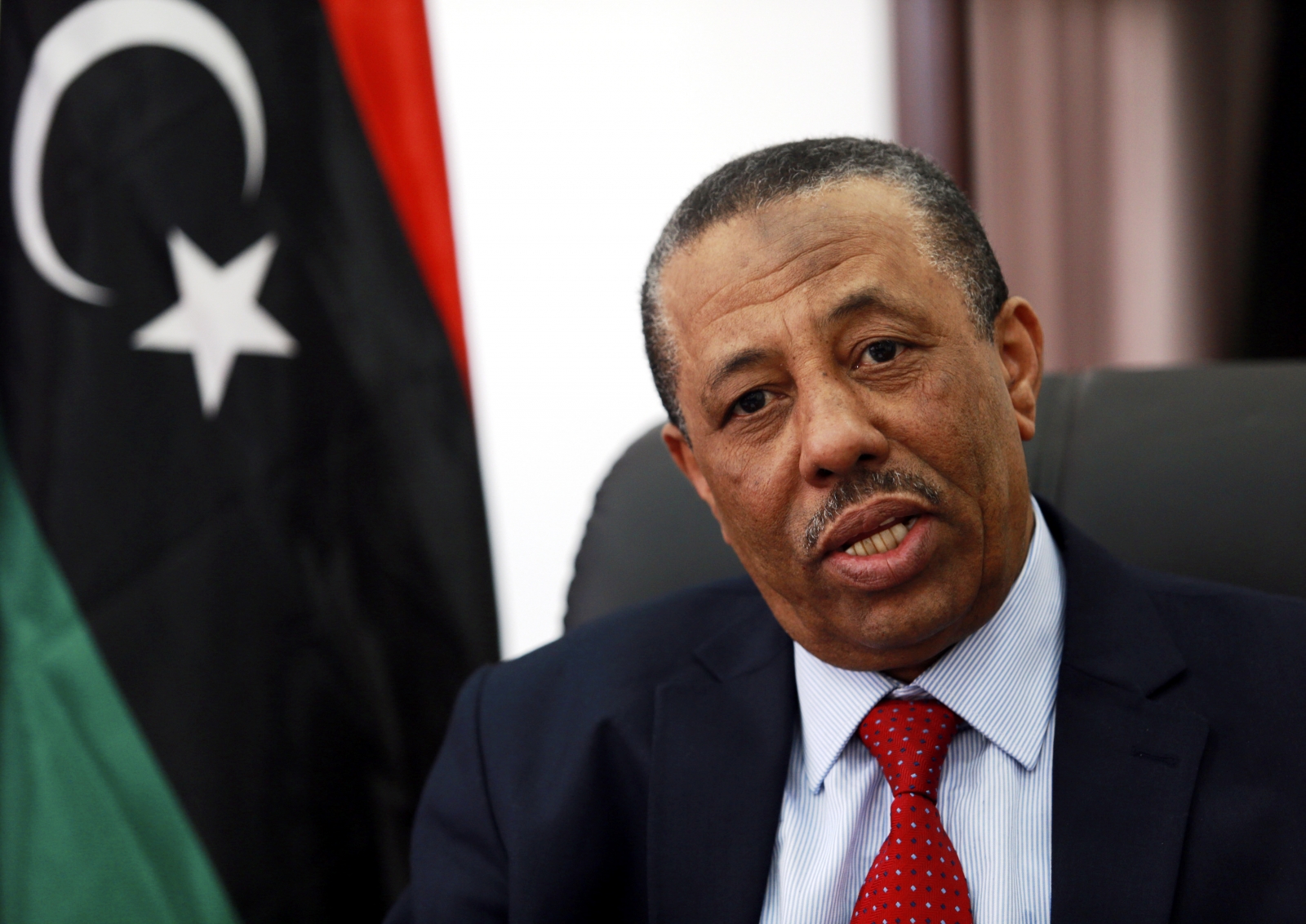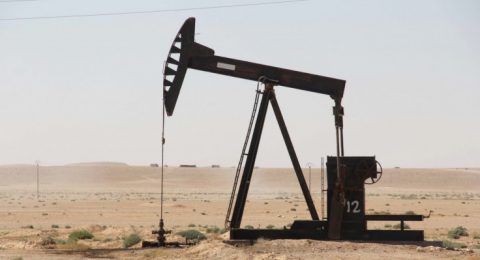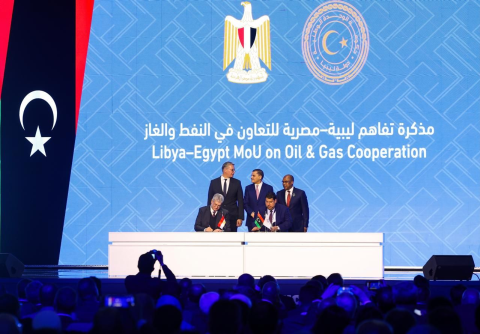Libya’s official government, based in the east since fleeing the capital, has so far failed to sell oil by itself, despite setting up a Dubai bank account and new central bank unit, industry and banking sources say.
The internationally recognised government said in March it wanted oil buyers to pay through a new state oil firm with an account in Dubai and stop dealing with the established entity in Tripoli controlled by a rival government.
Last week the government of premier Abdullah al-Thinni, which has been struggling to make an impact since losing Tripoli last year to a rival faction, launched another attempt to control public finances by setting up a new central bank headquarters in the eastern city of Bayda.
Thinni’s government controls more than half of Libya’s oil output of 460,000 barrels per day. But it has failed to attract buyers as foreign firms worry about who exactly owns the oil being marketed by the eastern government, even though it is recognised, industry insiders say.
“Nothing has been signed until now,” said Essa Essa, an oil analyst from eastern Libya who has tracked attempts by Thinni’s government to reach potential buyers.
Husni Bey, who heads one of Libya’s biggest private firms, said Thinni had pushed the eastern central bank governor Ali Salem Hibri to set up the Bayda bank to show he wants to run the whole country, but little work was done at the bank.
“Hibri has been under extreme pressure to set up an alternative central bank in Bayda,” he said.
A central bank source in Tripoli said eastern bank officials had set up in Bayda computers moved out of the bank’s branch in Benghazi, an eastern city hit by fighting.
The Bayda officials had tried to get the computers running and tap the central bank’s foreign accounts but partner banks in Europe had refused to deal with them as they only process payment orders from Tripoli, the source said.
Oil revenues are mostly held in accounts abroad due to poor security in Libya and its underdeveloped banking system. The Tripoli bank transfers only money home needed to cover expenditures such as food import financing.
“Foreign banks have tightened procedures,” said the source. “All transactions are done via Tripoli.”
Source: Zawya












